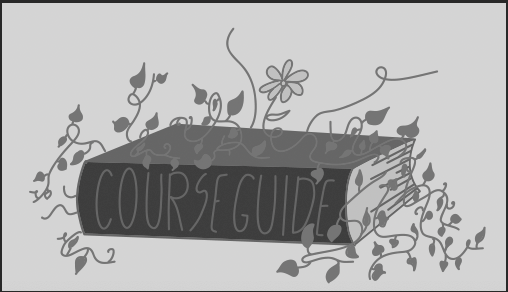“Avengers: Infinity War” Spoiler: Superheroes are real people too.
The end of my junior year was dominated by two things: cramming inefficiently for APs and subject tests and eagerly anticipating the release of superhero movies.
Everybody loves superhero movies. Comic book geeks, professional critics and high school students all flock to the theaters when the next superhero film drops. It appears that there is something universally appealing about watching genetically gifted people save New York City every five months.
But I’ve noticed a change in the industry: long gone are the days in which superheroes are infallible and flawless. With each new Marvel installment or DC flick, superheroes are depicted as less untouchable–less super. Even though they can fly or control time, these gifted people deal with the same mundane issues we go through on a daily basis. And most significantly, more and more superheroes are grappling with moral issues.
When the “Incredibles 2” trailer debuted, my friends and I expressed our happy surprise that the movie’s plot focused on the characters’ experiences parenting while fighting crime. We were more shocked about the shift in tone than about the fact we were four years old when the last movie came out. And emphasizing the everyday aspects of these characters’ lives is important. It highlights the humanity in all people, whether super or not, fictional or real. Because even the perfect people in our lives can make mistakes.
It’s easy to assume that the people we place on a pedestal are flawless. Especially during the harrowing parts of junior year, when all my friends and I were second-guessing all of our life choices, I noticed how much we ignored the struggles of certain other peers.
“Oh, well, they’re just super smart,” a classmate would say. “They can’t complain.”
This attitude specifically would manifest itself in non-academic settings. How often have students labeled their friends as the best artist, best athlete or best performer without highlightng the amount of work and dedication that goes into their peers’ success?
It feels that within our own community, we breathe and toil among real-life superheroes.
But like the superheroes we marvel at on the screen, they should not be considered untouchable nor their everyday problems any less than ours.
Yes, someone may volunteer with impoverished children in Costa Rica or intern at a tech start-up, but we all still deal with the same annoying pop quizzes in English or traffic jams on Coldwater.
No one was immune to the flu that descended upon the school in the winter. No one stays unfazed during his or her audition or tryout. We are all human.
But how can we recognize our individual struggles? Let’s learn from our superhero counterparts in the movies; let’s recognize the human faces before the capes.
No matter the academic reputation someone carries or the complexity of their personal life, he or she is subject to the same basic emotions we all are.
We don’t just treat our “super classmates” with this behavior. It’s also important that we don’t reduce other peers who we consider to be unremarkable to not worthy of feeling pain. No one is a supervillain either.
The truly heroic thing to do is to accept that no matter our college prospects or family income, we all go to the same school and struggle with issues that affect us, even if they are small or insignificant to others.
Because, spoiler alert, when you are in your hour of need, it isn’t a superhero that’s going to save you, but a fellow human being.




































